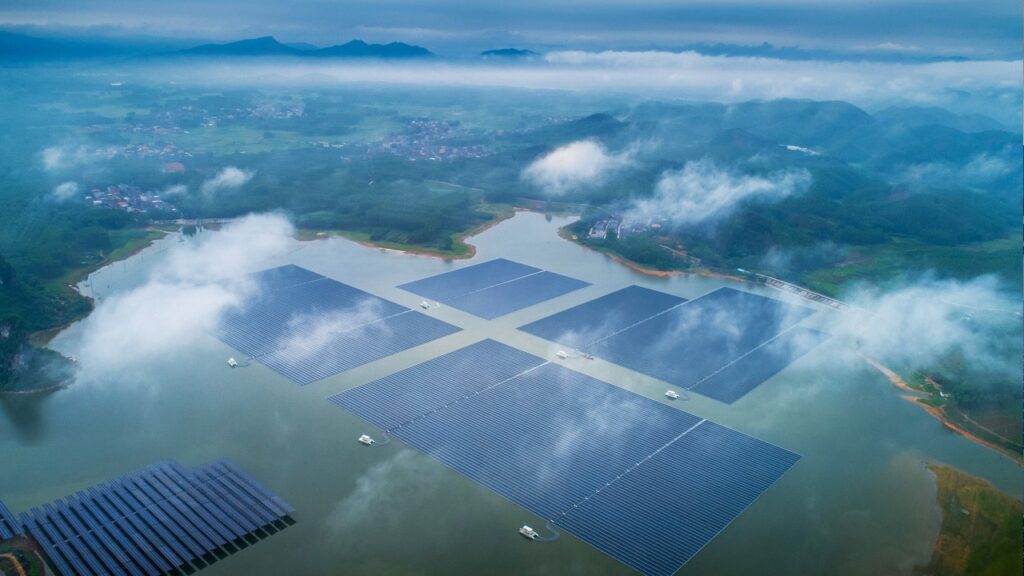Will Floating Solar Systems Affect Aquaculture?
As the world continues to shift towards renewable energy sources, floating solar systems have emerged as a promising option. These systems involve placing solar panels on a body of water, such as a lake or reservoir, to generate electricity. However, there are concerns about how these systems may impact aquaculture, particularly fish farming.
One potential issue is shading. As the solar panels absorb sunlight, they create shade on the water surface below. This could potentially reduce the amount of sunlight that reaches aquatic plants and algae, which form the base of the food chain for many fish species. Additionally, some fish may be negatively impacted by reduced sunlight, as it could affect their behavior, growth, and reproduction.
Another concern is the potential for water temperature changes. Solar panels can absorb a significant amount of heat, which could warm the water around them. This could impact the growth and survival of fish, as well as the overall health of the aquatic ecosystem. However, research has shown that the temperature increase is generally minimal and unlikely to cause significant harm.
There are also concerns about the physical impact of the solar panels on aquaculture infrastructure. For example, floating solar systems may interfere with the placement of fish cages or nets, or could potentially damage them if they were to drift or break loose. However, these issues can be mitigated through careful planning and coordination between solar developers and aquaculture operators.
Despite these concerns, there are also potential benefits to combining floating solar systems with aquaculture. For example, the shade created by the solar panels could be beneficial for some fish species, particularly those that prefer cooler water temperatures. Additionally, the solar panels could provide a source of shelter for fish, which could be used for spawning or as a refuge from predators.
Furthermore, the electricity generated by the solar panels could be used to power aquaculture operations, reducing reliance on traditional energy sources and potentially lowering costs. In some cases, excess electricity could even be sold back to the grid, providing an additional source of income for aquaculture operators.
In conclusion, while there are potential concerns about the impact of floating solar systems on aquaculture, these issues can be addressed through careful planning and coordination. By working together, solar developers and aquaculture operators can find ways to maximize the benefits of these systems while minimizing any potential negative impacts. Ultimately, the combination of renewable energy and sustainable aquaculture practices has the potential to create a more resilient and environmentally-friendly future.

